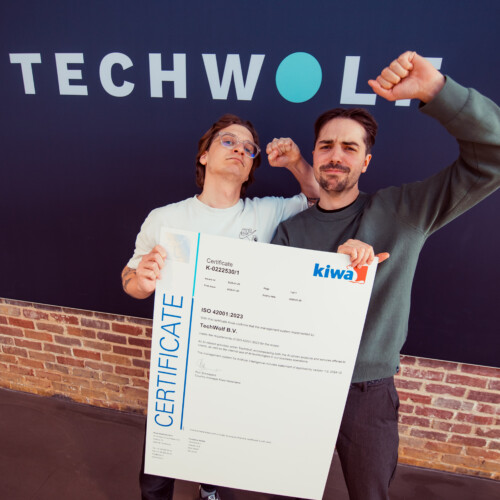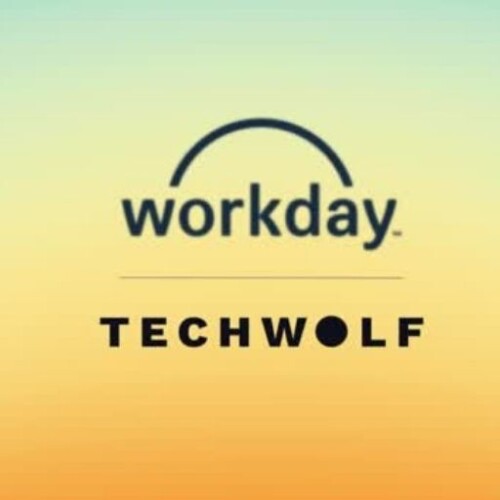Willingness to learn is crucial for employability
TechWolf's second CHRO Round Table blog series (1/3)
On the 9th of June 2021, TechWolf organised the second Round Table with three CHROs; Jan Van Acoleyen (Proximus), Inge Diels (Deloitte) and Cathy Geerts (SD Worx). Read about their thoughts on the skills-based workforce in this three-piece blog series.

How do you manage a skills-based workforce in a rapidly changing business context? You have to decide who takes responsibility: company, manager or employee. Jan Van Acoleyen, Chief HR Officer Proximus: “The trick is to find the right balance between guiding the organisation and stimulating the individual's desire to learn.”
A study by international research agency Gartner shows that the required skills for a job change at a rate of 10% per year. And that change accelerates every year. This phenomenon can also be found in the analysis of job advertisements. “Some skills are permanent, but knowledge evolves. We assume a knowledge life span of about five years,” says Inge Diels, Managing Partner Talent at Deloitte Belgium.
Sustainable and volatile
Looking at skills from a sustainability point of view or with an eye on volatility: at SD Worx they combine both approaches. Cathy Geerts, Chief HR Officer: “We are striving for future-oriented competencies that all our employees can master, which are also sustainable. These are agility, connecting and thinking and acting outside in.”
Inge Diels points out that a willingness to learn is also crucial for career-long employability, as is a fit with the company values. The leadership in an organisation evolves along with it. “Leadership programmes are in constant development. Our leaders are constantly managing the new normal.”
Culture
Looking at skills helps you understand how jobs are gradually transforming. Many jobs will be unrecognisable in a decade. Who will take responsibility for staying relevant in the labour market? The answer can often be found in company culture. “We create a stimulating framework for employees to take ownership of their careers,” says Cathy Geerts. “At the same time, we ask ourselves the question to what extent we should act in a more guiding way. After all, not every employee takes that responsibility already.”
"You have to find the balance between steering, putting healthy organisational pressure and encouraging appetite among employees."
Jan Van Acoleyen
Resistance
Jan Van Acoleyen advises: "You have to find the balance between steering, putting healthy organisational pressure and encouraging appetite among employees. Culture is important, as is the history of the organisation. It is motivating when you experience a positive effect of learning efforts during your career."
HR's responsibility lies in creating the right context for continuous learning and growth. Ongoing learning and full re-training is a big change for many organisations and for individual employees.
The resistance to evolve in terms of content, for example by learning a new programming language, is significantly lower than that of being forced into a completely new position. In order to carry out effective Strategic Workforce Planning, it is therefore essential to know how big the learning appetite is within the organisation. This can be mapped out by analysing the aspirations of the employees. We will zoom in on this concept next week in part two of this blog series.





